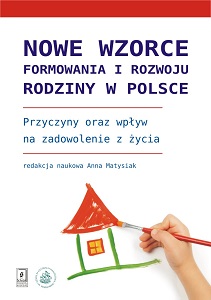

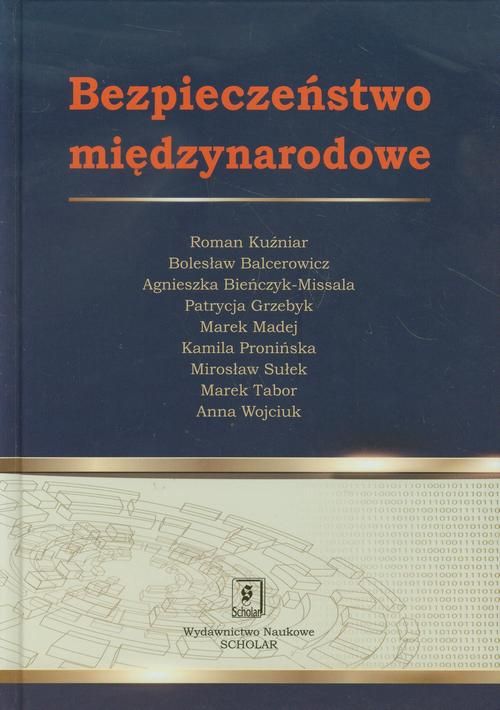
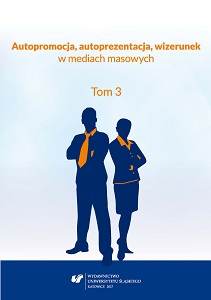
The aim of the article is to discuss the media narratives of war and the images of cultural and political conflicts in the media, and the ways they function in the social perception. In addition, the article indicates the causes and consequences of these phenomena and presents an example-based discussion of the issue of the creation of these narratives and images. Moreover, it distinguishes the types of narratives of war and cultural-political conflicts.
More...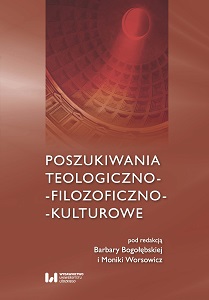
Keywords: Christian Anthropology; Modern Culture
-
More...
Keywords: historical linguistics; semantics; dictionaries; Marcin Bielski
This paper refers to the problem of determining the meaning of words in old texts. On the example of the word rozszłapać that is to be found in the „Kronika, to jest historyja świata…” („The Chronicle or the history of the world…”) by Marcin Bielski (1564), a still imperfect procedure of finding the meaning, consisting in comparative reading of dictionaries, contextual reading and determining the etymology of a given word, has been shown.
More...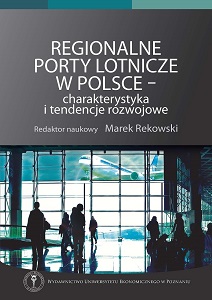
Keywords: porty lotnicze;efektywność ekonomiczna;analiza wskaźnikowa;DEA (data envelopment analysis);TFP;
Autorzy przedstawiają i konfrontują wyniki badań efektywności ekonomicznej portów lotniczych na świecie, przeprowadzonych przez organizacje rządowe, pozarządowe oraz podmioty indywidualne różnymi metodami: za pomocą analizy wskaźnikowej, metody DEA, metody TFP.
More...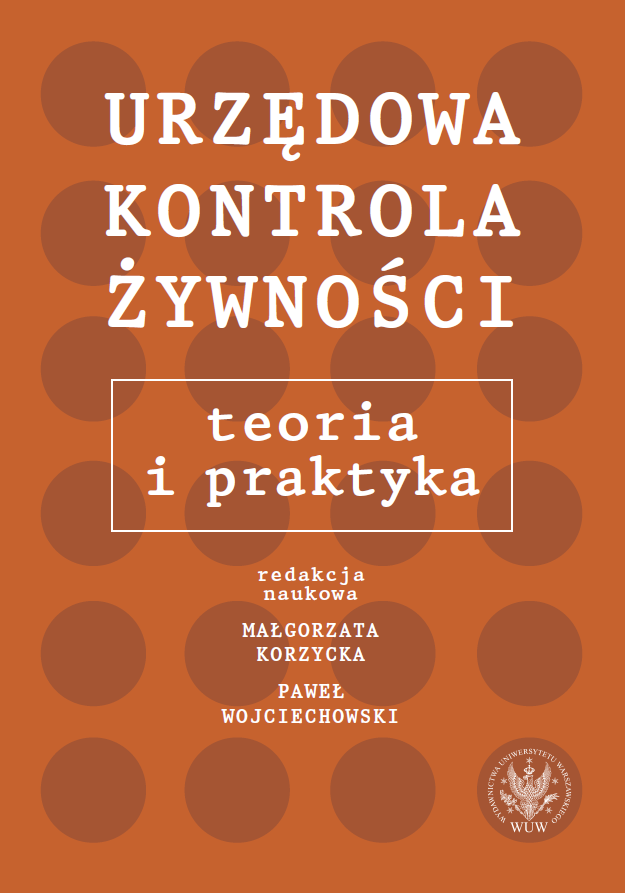
Keywords: agencification; coordination; joined-up governance
One of the considered strategies for the reform of the system of foodsafety controls is the consolidation of administrative bodies operating inthis area. This idea reflects the trends that are visible in Europe not onlyin relation to the organization of institutions dealing with food security.Similar transformations are also taking place in other sectors in order toensure better coordination and increase the efficiency of public administration.This trend is triggered by critical reflection on the effects ofradical agencification, which increased the accountability of institutions,but created challenges in terms of coordination and cooperation. Thisarticle analyses the experiences and patterns in improving coordinationand cooperation in the activities of government agencies and formulatesimportant conclusions for discussion on the future of organs of foodsafety controls in Poland.
More...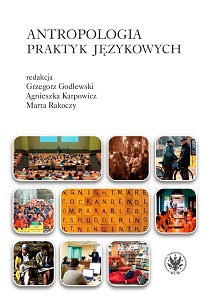
Keywords: language practice; cultural practice; word anthropology; linguistic anthropology
Development and concretisation of the original perspective concerning the word anthropology, which was formed at the Institute of Polish Culture at Warsaw University and used in language practice research. The perspective is considered the best method to perceive the language as cultural phenomenon. An extensive theoretical introduction justifies this approach and puts the undertaken research into the context of contemporary changes in cultural studies. The volume contains twelve articles which present study cases of language practice seen as cultural practice in historical context: from antiquity to modern times, from the forms of word art to swearing and searching the web.
More...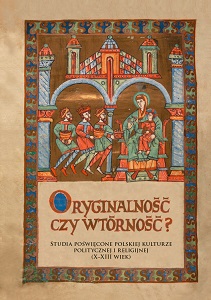
Keywords: medieval history; church history; Christianity in the Middle Ages; religious culture; Poland during the Piast dynasty
In the article an analysis has been conducted of the cult of St Peter the Apostle in the early-Piast state and of the relation of the Piast monarchy to the Holy See. The discussed analysis was carried out against the background of other selected early medieval political organisms located in Central Europe. These include, above all, Bohemia and Great Moravia, as well as other Slavic states of the second half of the 9th century, such as Croatia, Serbia or Bulgaria. Among the discussed-in-detail source materials, which indicate the importance of the cult of the Prince of the Apostles for the Piasts, particular significance has been ascribed to Dagome iudex. The author claims that subordinating the Piast state to St Peter by Mieszko I and his family constitutes an analogy for seeking the protection of St Peter for oneself and for one’s peoples by rulers in power in the second half of the 9th century in Slavic lands. This is why, according to the author, it should be recognized that the donation described in Dagome iudex mainly served the purposes of the Church, that is, obtaining Holy See’s support in stabilizing and developing Church structures in the territory of the Piast state. In the author’s opinion, the joint interpretation of the discussed manifestations of St Peter’s cult allows to prove the thesis that the cult of the Prince of the Apostles was important for the Piasts, as it determined the specific features of the politico-religious ideology of the Polish monarchy in Central European context.
More...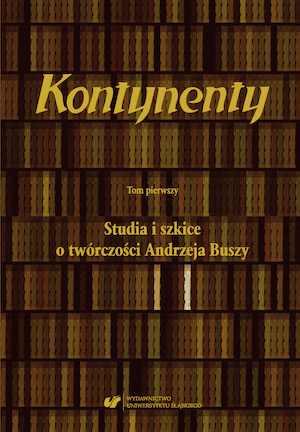
Keywords: Andrzej Busza; Three Wise Men; Campus novel; the Bible; Middle East;
This text is an attempt to analyze Andrzej Busza’s short story Trzej mędrcy through the prism of a campus novel. In this story, Busza takes up the well‑known motif of the Biblical Three Kings, but presents them as participants in an ancient scientific conference. The article demonstrates how Busza creates a specific kind of “campus story”, as well as how, thanks to a historical mask, he presents the contemporary academic world. Interestingly, the contemporary language characteristic of university life is blended in the story with historical realities that clearly evoke the ancient Middle East. Another interesting issue is the use of the theme of Jesus’ death, shown here as the background to the story of the Three Kings rather than the main theme, which reverses the traditionally accepted hierarchy of events.
More...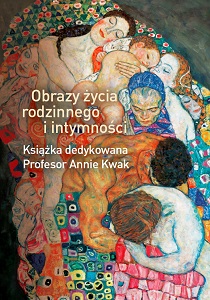
Keywords: family sociology; everyday life sociology; nuclear family; inclusive family definition; being family & doing family perspectives
The main aim of the paper is to analyse the diversity in the ways of defining the notion of family, which is revealed in the work of scholars dealing with family life, and which also resonates in the methodology used in the research of this area. The author describes three dimensions of differentiation: 1) the approach of “social reformers” vs. the approach of sociologists that existed at the beginning of familiology as a scientific sub-discipline; 2) the definition of the nuclear family vs. the “inclusive definition of the family” and 3) the “new” approach to family research based on the perspective of doing family as opposed to the perspective of being family. At the end of the paper, the author poses a provocative question: is the sociology of the family as a scientific sub-discipline justified at the present time?
More...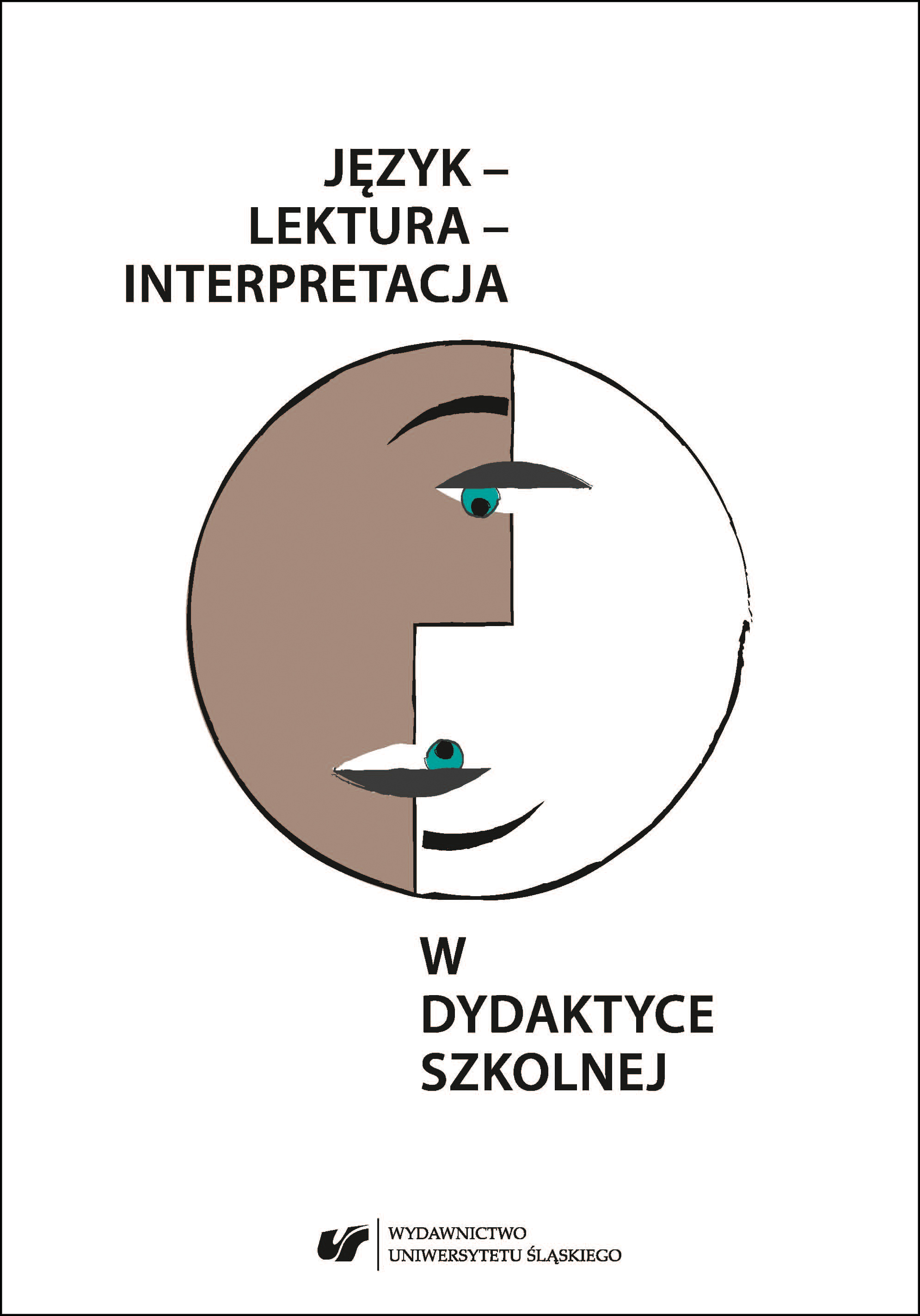
Keywords: interpretation; critical thinking; transgression; horizon of expectations;Martha Nussbaum;
The article refers to the lesson of Polish language given by the author, the aim of which was to examine the mechanism of negotiating the limits of interpretation as a language act, and to assess the student’s creativity. Such a way of designing a lesson is subject to, above all, two concepts deriving from the sphere of philosophical and sociological thought: ‘transgression’ and ‘horizon of expectations’. Both phenomena have a decisive impact on the work of creative thinking in the school space as an institution of knowledge. The researcher, by referring to the practice of the teaching profession, gives reasons behind the importance of one of Martha Nussbaum’s postulates in humanistic education, that is, the duty to support critical thinking.
More...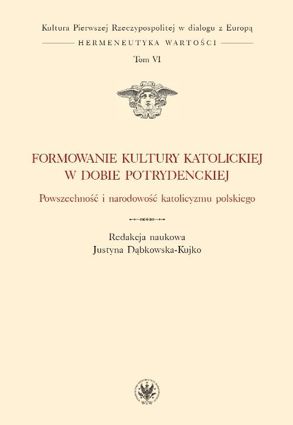
Keywords: Sarmatian piety; counter-reformation in Poland; post-Tridentine religiosity
Volume VI of the series shows not only the peculiarity of the religious culture of the First Polish Republic, the character and specificity of the "Sarmatian" piety, but also reveals the basic paths of development of this culture in connection with the thought developed in parallel by Catholic thinkers and writers in Western Europe. The research focused on the issues of opening up Polish post-Tridentine culture to the dynamics of the development of religious thought in other European countries, the ability to conduct dialogue with a foreign culture, and the possibility of adaptation, assimilation and transformation of foreign theories or ideas for the needs of indigenously Polish culture. The authors of individual dissertations try to answer the questions, on the one hand, about the scope and degree of involvement of Poles in the process of the renewal of Catholicism in Europe, about their participation in European discussion forums, about the knowledge of the Sarmatians' writings and the impact of these writings in the model of the post-Tridentine renewal of the Church and Catholic religious culture, on the other hand - about the ways of fresh counter-reformation ideas entering the Republic of Poland, the absorption, demand and methods of introducing conciliar decisions into the practice of religious life and the literature of the post-Tridentine times. The 12-volume series of the monograph "Kultura Pierwszej Rzeczypospolitej w dialogu z Europą. Hermeneutyka wartości" presents the cultural heritage of the 15th and 18th centuries as an integral but original part of European culture. The research goal is to identify the ways and forms of the mutual transmission of aesthetic, political and religious values and to present in a broad, multilateral comparative context the axiological structure of the Polish culture of old times. Cultural texts are examined from an internal perspective as records of acts aimed at understanding values, and from an external perspective as statements that join European literary-aesthetic, political and religious discussions. In an intense dialogue, the culture of the Republic of Poland shows not only a receptivity to new ideas, but also creativity and dynamics of action in Europe.
More...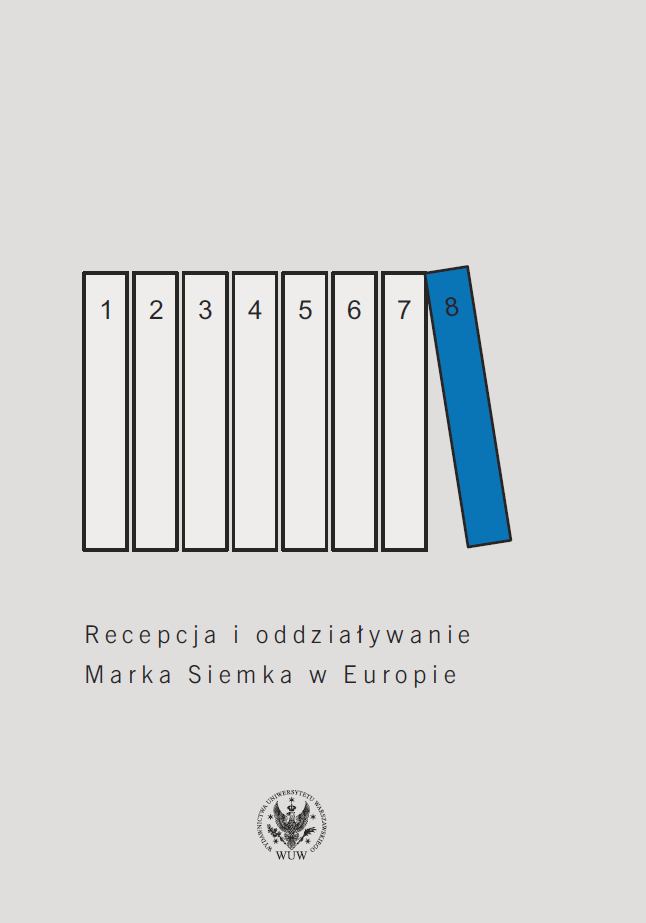
Keywords: epistemology; epistemics; naturalism; transcendentalism
Marek Siemek distinguished epistemological level and epistemic level. He argued that epistemics is not epistemology, because the former does notconsider what is transcendental in knowledge. According to the prevailing contemporaryview, the epistemic level leads to naturalism in the theory of knowledge,but, on the other hand, the epistemological point of view denies naturalization.The present paper defends the position that naturalization is possibleat the epistemological level, but it requires a resignation from some traditionalclaims of transcendentalism.
More...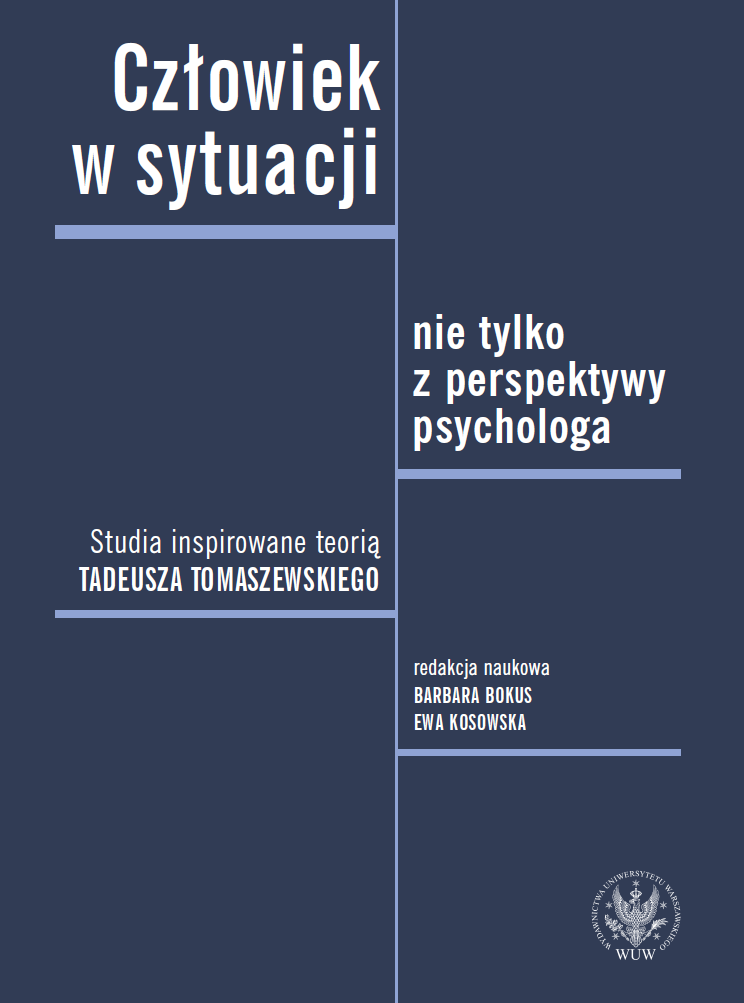
Keywords: situation; indicators of situation features; agentive power of a situation
The agentive power of a situation lies in initiating and shaping different aspects of behavior: “a situation is not only a source of stimuli but also an area in which a person is active. It is defined both by the features and states of its elements and by the features and states of the acting subject” (Tomaszewski, 1978, p. 20). The objective state of affairs and its perception by the subject should both be taken into account. Two people in identical physical circumstances could be in very different situations.
More...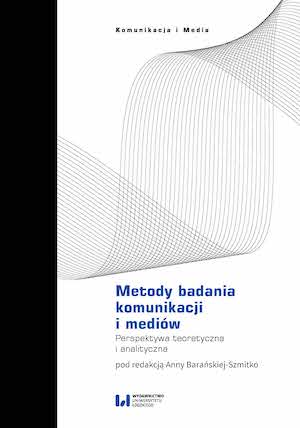
Keywords: Speech acts; comminicative grammar; discourse analysis; ideology; ideological discourse; political discourse
The chapter describes the author's method of analyzing ideological discourse on the example of political discourse. The purposes for which it is intended require taking into account the fact that there is a common research area of linguistics and political science. Starting from a systematic analysis of linguistic means (carried out in accordance with the assumptions of communicative grammar), the data obtained in this way is combined with the relevant aspects of ideological constructs. As a result of this operation, an ideological profile is created, precisely characterizing the views of the examined subject (person, group, institution). The method can be used to study extensive material databases as well as individual messages showing an ideological load, allowing for a clear presentation of results in the form of tables and graphs.
More...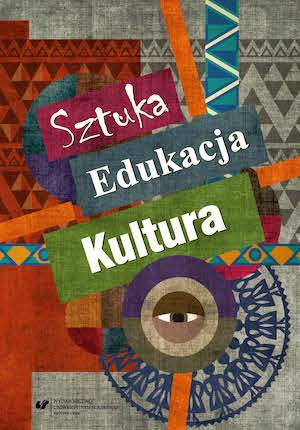
Keywords: The function of art;Cultural identity; Continuation of culture; Standards;
The text was written from the point of view of an active creator in a post‑industrial area. Theauthor claims that the care for the cultural identity should be the function of art in the contextof the changing reality and globalization. The standards of conduct preferring the changeabilityand the technologies of recording becoming out‑dated generate the dangers leading to the lossof the continuity of culture. The introduction of new standards in art should include relation(even negative) to the cultural heritage of a certain place. A model of new layers, not changes ispreferred. A change is a threat to the continuity of culture.
More...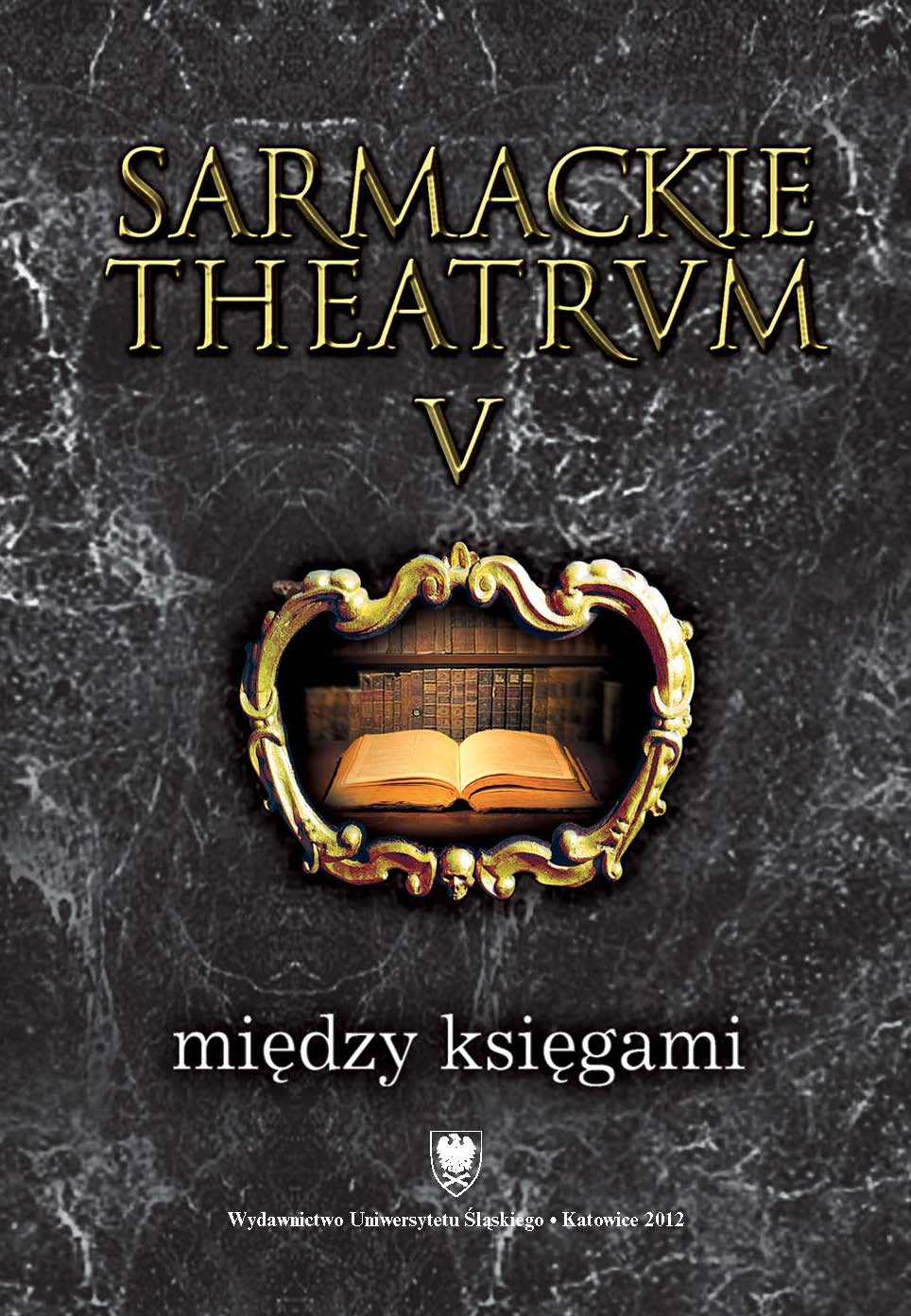
The programme of publishing classic and humanistic works at the turn of the 15th and 16th centu-ries, as well as in the first half of the 16th century required the acceptance of new editorial practices,with regard to both writing and the book format; the style of its composition and decoration. Theunity of the publication content, the publishing address and the typographic shape of prints derivedfrom entering into a „dialogue” with a reader. The new reading practices were influenced by theelements of the literary-publishing frame, their choice and location in the book. The article analysestheir development on the basis of the example of prints from The CountWiktor Baworowski Libraryin Lviv. The attention was paid to communication, mutual influences of the authors, editors, transla-tors, printers, as well as engravers and readers on the example of the edition of the first Polish herbal.The authors’, printers’ and readers’ reports were presented in the context of the humanistic changesand the development of the book typography and art.
More...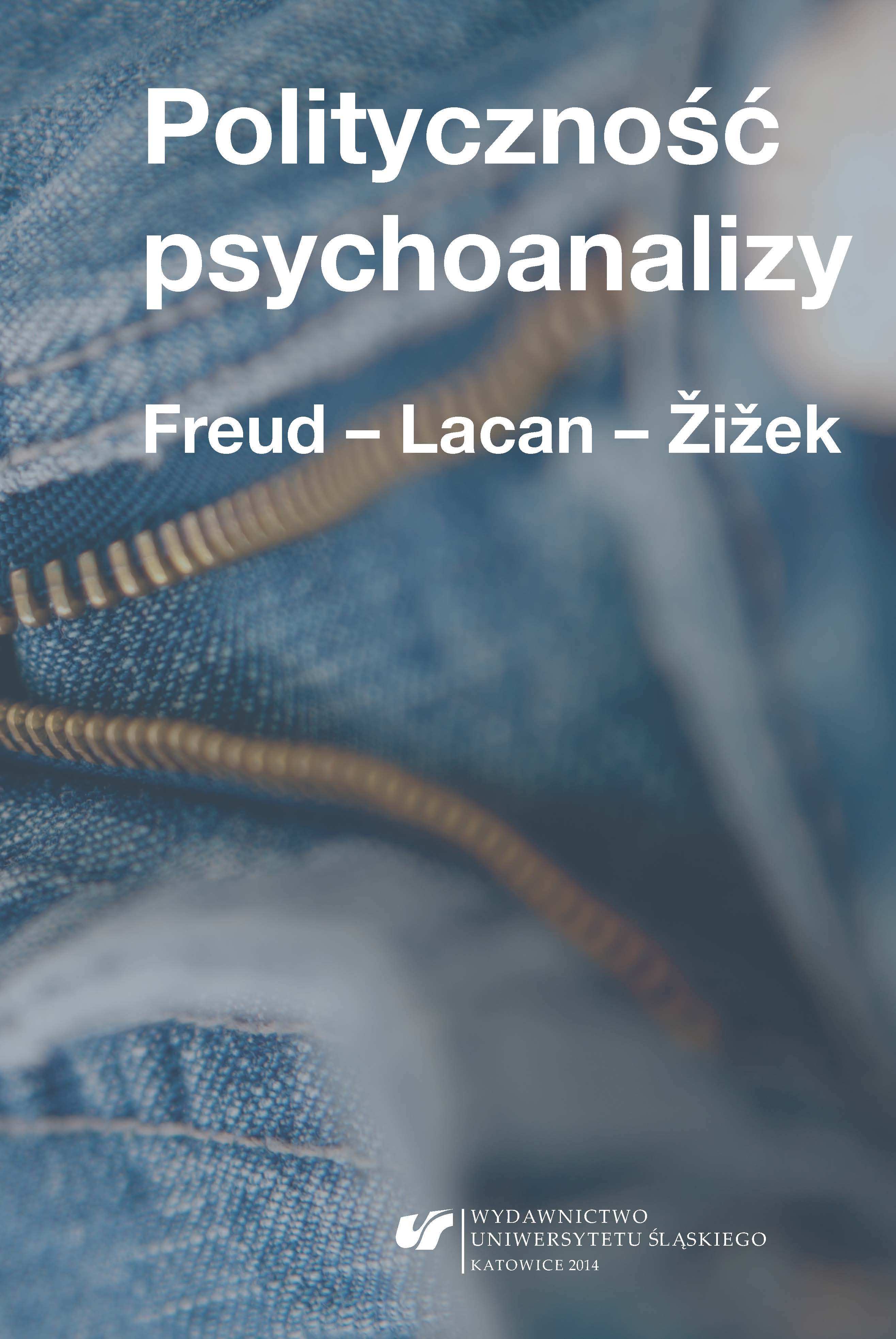
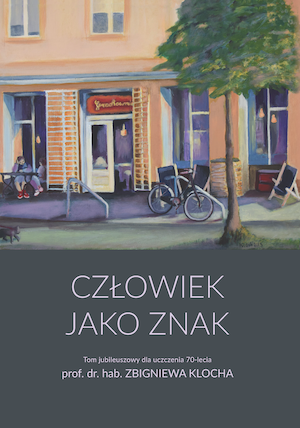
Keywords: little fatherland; nation; spac; memory; emotion
The article titled "Small fatherlands, big fatherland and emotions – about their connections in present Poland" refers to diverse dimensions of functioning of individuals in society. The author confronts two patterns: one, built of the idea of the national community – determined mainly by the romantic tradition (the metaphor of “national wardrobe” seems to be a good image of the complex relations) and second, built on the idea of identity ties(the metaphor of the “wardrobe of identities” reveals the dynamics of individual social activities). Emotions – in this context – are situated in the diverse local and regional centers of public activity; the space implies the ontology of contemporary understanding of the nation. There are three context described in the paper: 1. remarks about two meta-theoretical wardrobes, 2. remarks about small fatherland treated as the social and cultural space, 3. remarks about the „essence” of small fatherland and its places of cultures of emotions.
More...